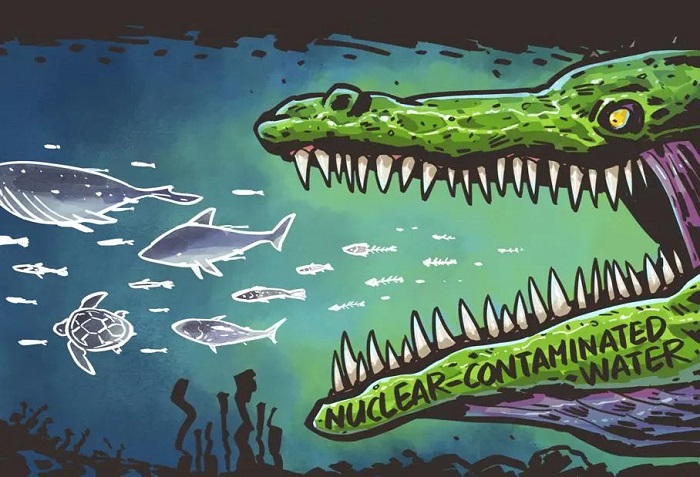
Foreign funds increase as prospects brighten
2023-09-12 09:00

"The unpredictability of water and air movements, along with the natural migration of marine life, poses challenges and may cause temperature shifts, alter salt composition, and introduce uncertainties," he added.
Get the latest price? We'll respond as soon as possible(within 12 hours)








